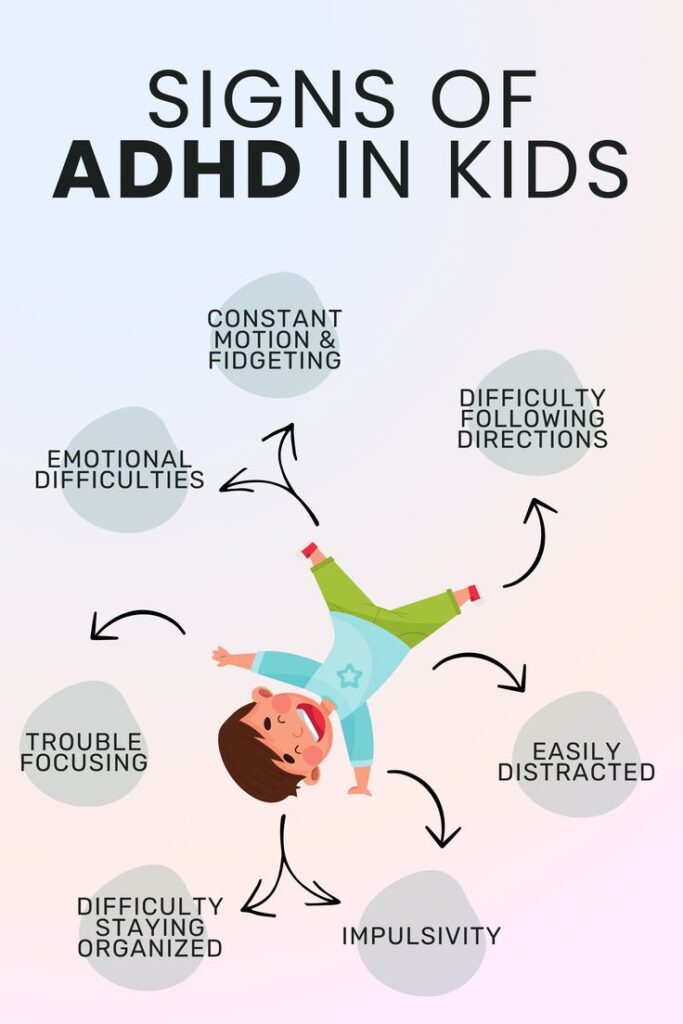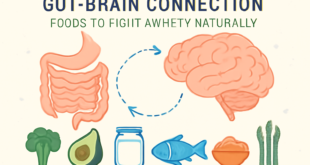
EXPLORING ADHD
ADHD may seem like just another behavioral condition, but many don’t realize its connection to food – including allergies or fixations and hyperfixation on certain food groups – which has the power to negatively influence focus, behavior, mood and even overall health in children and adults with ADHD.
WHAT ARE ADHD FOOD ALLERGIES?
People living with ADHD frequently develop food sensitivities or intolerances – although these don’t always take the form of classic allergic reactions.
Food allergies in ADHD patients can create intestinal inflammation that leads to brain fog, irritability and worsened hyperactivity One study published by The Lancet demonstrated that restricting diet reduced ADHD symptoms in over 60% of children – prompting many experts and families
Common ADHD Food Allergy Symptoms: For Skin Rashes/Hives to Digestive Discomfort to Sudden Mood Swings to Sleep Disturbances to Sudden Sleep Deprivation
Our Search Terms For This : ADHD food allergies, an elimination diet to combat them and food sensitivities as they relate to ADHD (gut-brain connection of ADHD) among others.
What Is ADHD Food Fixation? An ADHD food fixation occurs when an individual repeatedly consumes the same type of food – often out of habit – often craving its intense flavors, textures or comforting qualities.
Dopamine-seeking behavior plays a part here as ADHD brains constantly search for stimulation; sweet, salty or crunchy food provides quick dopamine boosts. Fixations is common with carbs, sugar, cheese and processed snacks containing these elements.
Children with ADHD often require daily chicken nuggets or peanut butter sandwiches as meals, while adults may binge during times of hyperfocus or stress on chips or soda.
Food Fixation in ADHD: Signs include having strong preferences for one or two foods only and showing great loyalty toward them over others.
ADHD Food Hyperfixation: When Cravings Take Over Food hyperfixation goes beyond mere fixation to become an obsessive preoccupation with one particular food item that often becomes addictive in nature.
People living with ADHD may spend hours thinking, planning, and eating particular food items – often to unhealthy eating patterns, nutritional deficiencies and emotional distress. Hyperfixation often cycles: weeks-long obsession over one food before moving onto something else.
Foods high in processed carbohydrates often satisfy our brain’s desire for stimulation; unfortunately, however, such treats often aggravate ADHD symptoms over time.
Consequences of ADHD Food Hyperfixation:
Emotional Eating Patterns, Nutrient Imbalance and Increased Anxiety or Guilt after Eating are some potential effects.
How to Cope With ADHD and Food Challenges
Navigating food-related ADHD symptoms takes awareness, structure and often professional guidance – these strategies provide some evidence-based approaches.
1. Adopt an Elimination Diet
For two to four weeks, avoid food that might trigger symptoms (gluten, dairy and dyes). Slowly introduce these back into your diet one at a time until all is resolved.
2. Increase Protein and Healthy Fats
Meals rich in proteins, omega-3 fatty acids and complex carbs will promote both dopamine production and blood sugar stability, helping ensure maximum dopamine output and stable blood glucose levels.
3. Keep A Food Journal
To effectively track eating patterns, emotional triggers and symptoms changes related to food ingestion in order to pinpoint possible allergens or fixations points, food journals are an invaluable tool in diagnosing possible food sensitivities or intolerances.
4. Practice Mindful Eating mes To support mindful eating practices and minimize distraction-driven meals, practice slow eating to allow time for each bite as you appreciate all its textures and flavors without becoming overstimulated by too many stimuli at once.
5. Seek Professional Help
A nutritionist or ADHD-specialized therapist can guide you through fixations, hyperfixation and allergies without fear or shame.
Final Thoughts On Nourishing the ADHD Brain ADHD goes far beyond attention: its roots lie deep within nutrition, allergies and eating behavior. Recognizing food allergies as well as hyperfixations issues is key for overall better health and focus; by getting support and tools available food may instead become an ally to manage ADHD more successfully.
SEE MORE:https://nutritionnest.site/wp-admin/post.php?post=613&action=edit
 healthybodyboost.net Healthy Body Boost
healthybodyboost.net Healthy Body Boost



